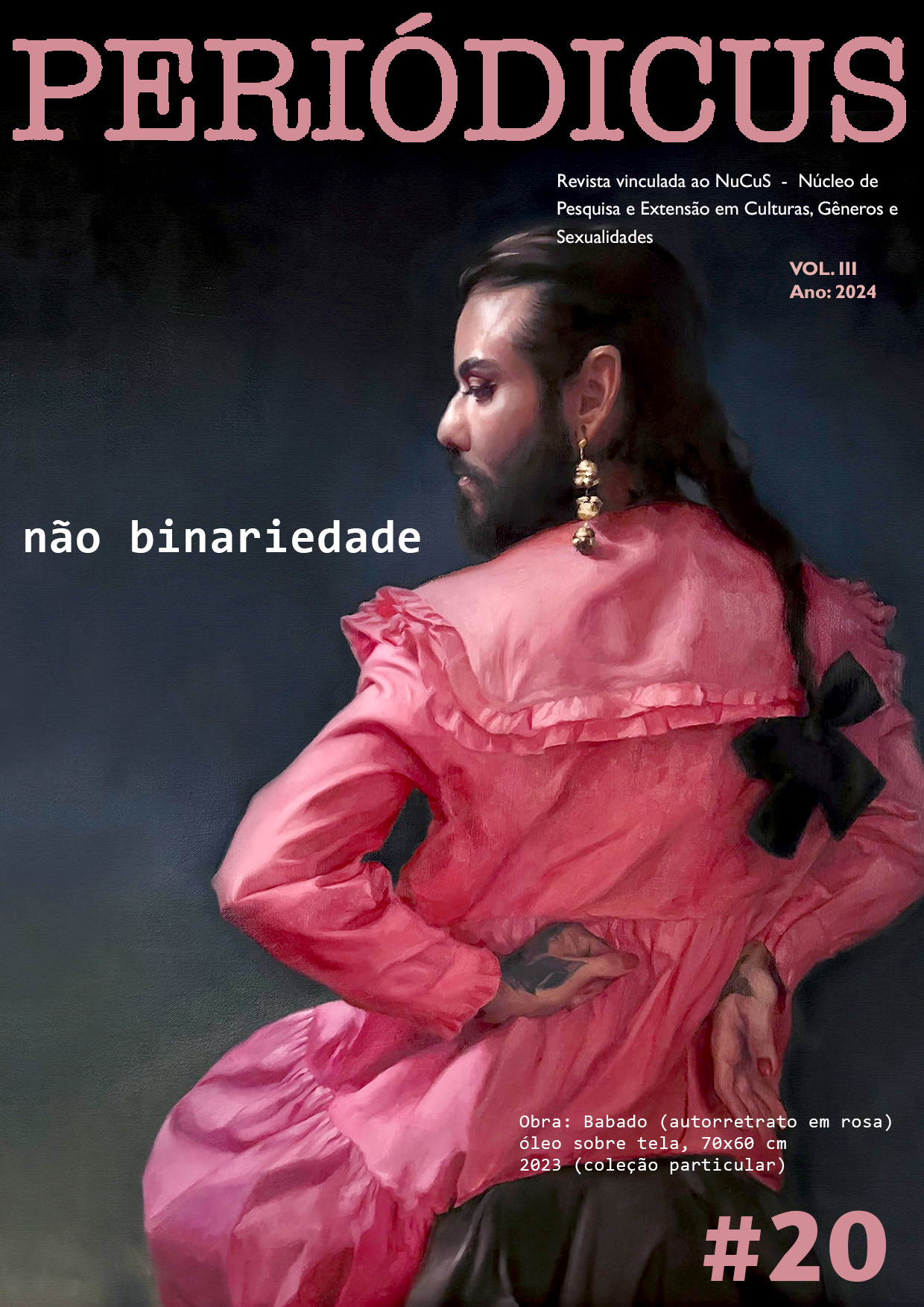Apologia for another body
quantum mechanics, feminist neomaterialisms and the body as phenomenon
DOI:
https://doi.org/10.9771/peri.v3i20.59883Abstract
The essay addresses the issue of how to bring the question of matter back into current feminist debates on bodies, so as not to succumb to the modern conception of bodily materiality as pure biological, inert and self-sufficient facticity (a position that has traditionally underpinned anti-feminist essentialisms) and, at the same time, not to capitulate to the totalizing linguistic impulses that characterize many of the constructivisms that currently dominate the field. Through an expositive-argumentative route faithful to the "disciplinary infidelity" that has characterized feminist thought since its genesis, we intend to demonstrate that Niels Bohr's quantum theory, and its subsequent appropriation and radicalization by Karen Barad, offer innovative understandings of matter, from which we can build a new conception of the body. In this sense, we put forward the notion of the "body-phenomenon", an alternative to what we call the “epidermic bodily model”.
Downloads
Downloads
Published
How to Cite
Issue
Section
License
Copyright (c) 2024 Caynnã Santos

This work is licensed under a Creative Commons Attribution-NonCommercial 4.0 International License.
Autores que publicam nesta revista concordam com os seguintes termos:
Autores mantêm os direitos autorais e concedem à revista o direito de primeira publicação, com o trabalho simultaneamente licenciado sob Licença Creative Commons Attribution Noncommercial que permite o compartilhamento do trabalho com reconhecimento da autoria e publicação inicial nesta revista, sendo vedado o uso com fins comerciais.
Autores têm autorização para assumir contratos adicionais separadamente, para distribuição não-exclusiva da versão do trabalho publicada nesta revista (ex.: publicar em repositório institucional ou como capítulo de livro), com reconhecimento de autoria e publicação inicial nesta revista.
Autores têm permissão e são estimulados a publicar e distribuir seu trabalho online (ex.: em repositórios institucionais ou na sua página pessoal) a qualquer ponto antes ou durante o processo editorial, já que isso pode gerar alterações produtivas, bem como aumentar o impacto e a citação do trabalho publicado (Veja O Efeito do Acesso Livre).







